HERE IS A GREAT
ARTICLE BY MICHAEL GRAHAM RICHARD.
Ponder what you
think you are and maybe it will open some new ways of responding and dealing
with Self Image, Self Esteem etc.
YOU GALS ARE
GREAT! HERE IS SOME FOOD FOR THOUGHT....
To anyone who is into personal growth and self-improvement, this
seems obvious. But clearly, it is not obvious to everybody: look at this diagram by Nigel Holmes representing the two types of mindsets and I’ll sure you’ll recognize the attitudes of many people you know.
Fixed Mindset
Let’s have a look, starting with the Fixed Mindset side:
People who hold these beliefs think that “they are the way they are”,
but that doesn’t mean that they have less of a desire for a positive
self-image than anyone else. So of course they want to perform well and
look smart. But to achieve these goals…
By definition, a challenge is hard and success is not assured, so
rather than risk failing and negatively impacting their self-image, they
will often avoid challenges and stick to what they know they can do
well.
Same with obstacles. The difference here, as I see it, is that
challenges are things that you can decide to do while obstacles are
external forces that get in your way.
What’s the point of working hard and making efforts if afterwards you
are still on square one? If your worldview tells you that effort is an
unpleasant thing that doesn’t really pay dividends, then the smart thing
to do is to avoid it as much as possible.
Useful negative feedback is ignored in the best of cases, and taken as an insult the rest of the time. The Fixed Mindset logically leads you to believe that any criticism of your capabilities is criticism of you.
This usually discourages the people around and after a while they stop
giving any negative feedback, further isolating the person from external
influences that could generate some change.
The success of others is seen as a benchmark against which the person looks bad. Usually when others succeed, people with a Fixed Mindset
will try to convince themselves and the people around them that the
success was due to either luck (after all, almost everything is due to
luck in the Fixed Mindset world) or objectionable
actions. In some cases, they will even try to tarnish the success of
others by bringing up things that are completely unrelated (“Yes, but
did you know about his…”).
As a result, they don’t reach their full potential and their beliefs
feed on themselves: They don’t change or improve much with time, if at
all, and so to them this confirms that “they are as they are”.
Growth Mindset
Let’s now look at the Growth Mindset:
People who hold the Growth Mindset believe that
intelligence can be developed, that the brain is like a muscle that can
be trained. This leads to the desire to improve.
And how do you improve? First, you embrace challenges, because you know that you’ll come out stronger on the other side.
Similarly, obstacles – external setbacks – do not discourage you.
Your self-image is not tied to your success and how you will look to
others; failure is an opportunity to learn, and so whatever happens you
win.
Effort is seen not as something useless to be avoid but as necessary to grow and master useful skills.
Criticism and negative feedback are sources of information. That
doesn’t mean that all criticism is worth integrating or that nothing is
never taken personally, but at least the Growth Mindset
individual knowns that he or she can change and improve, so the
negative feedback is not perceived as being directly about them as a
person, but rather about their current abilities.
The success of others is seen as a source of inspiration and information. To Growth Mindset individuals, success is not seen as a zero-sum game.
And so, Growth Mindset individuals will improve and this will create a positive feedback loops that encourages them to keep learning and improving.
What Now
The good news – especially if you just recognized yourself as being someone who holds the Fixed Mindset worldview – is that it is possible to change from one to the other. In fact, I think this should be taught to all children.
What’s more, Dweck has shown that people can learn to adopt the latter belief and make dramatic strides in performance. [...]Does the Fixed vs. Growth Mindset theory fits with your personal experience? Does it describe well the people around you?
The most dramatic proof comes from a recent study by Dweck and Lisa Sorich Blackwell of low-achieving seventh graders. All students participated in sessions on study skills, the brain and the like; in addition, one group attended a neutral session on memory while the other learned that intelligence, like a muscle, grows stronger through exercise. Training students to adopt a growth mind-set about intelligence had a catalytic effect on motivation and math grades; students in the control group showed no improvement despite all the other interventions.
“Study skills and learning skills are inert until they’re powered by an active ingredient,” Dweck explains. Students may know how to study, but won’t want to if they believe their efforts are futile. “If you target that belief, you can see more benefit than you have any reason to hope for.”
Read the whole article at: http://michaelgr.com/2007/04/15/fixed-mindset-vs-growth-mindset-which-one-are-you/

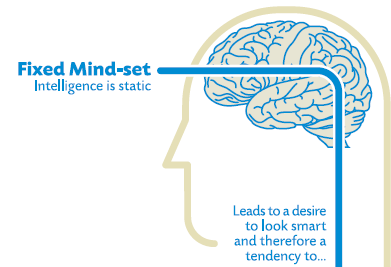


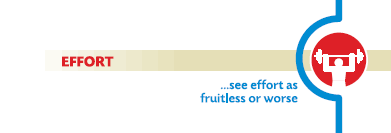
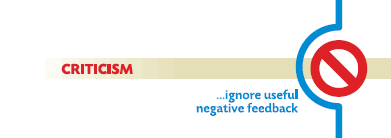
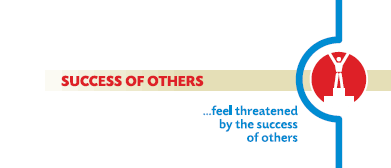




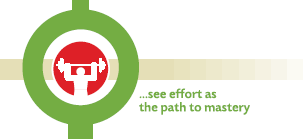
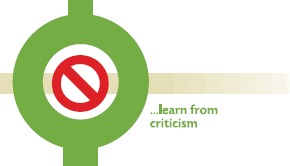
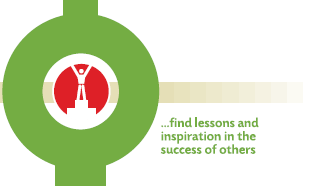

No comments:
Post a Comment